While traveling home from Vegas, an amorous lounge singer named Dino gets conned by a local mechanic/songwriter into staying in town for the night. The mechanic’s songwriting partner, Orville, offers […]
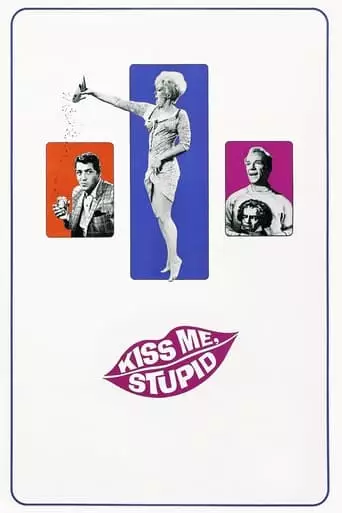
While traveling home from Vegas, an amorous lounge singer named Dino gets conned by a local mechanic/songwriter into staying in town for the night. The mechanic’s songwriting partner, Orville, offers […]
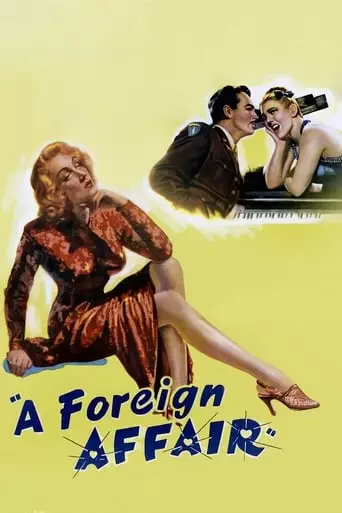
In occupied Berlin, an army captain is torn between an ex-Nazi cafe singer and the U.S. congresswoman investigating her.
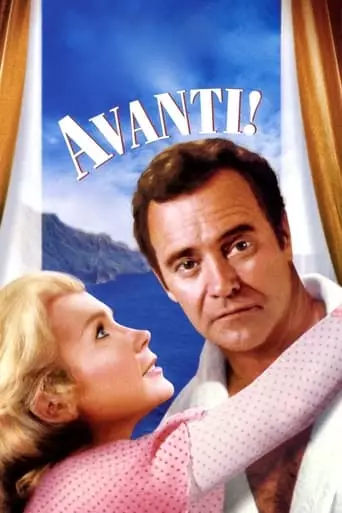
A successful businessman goes to Italy to arrange for the return of his tycoon-father’s body only to discover dad died with his mistress of long standing.
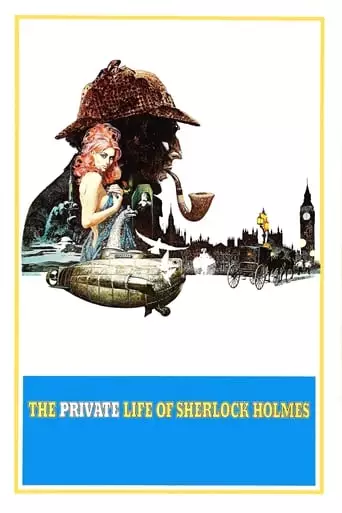
Holmes and Dr. Watson take on the case of a beautiful woman whose husband has vanished. The investigation proves strange indeed, involving six missing midgets, villainous monks, a Scottish castle, […]
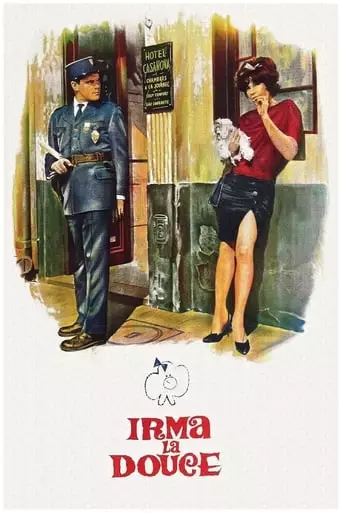
Nester Patou, a naive police officer, is transferred to the red light district in Paris and organizes a raid on a dodgy hotel running as a brothel. In doing so […]
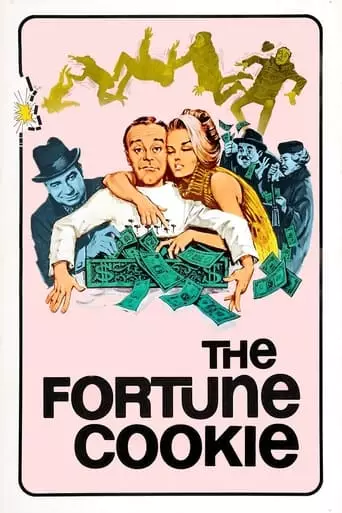
A cameraman is knocked over during a football game. His brother-in-law, as the king of the ambulance-chasing lawyers, starts a suit while he’s still knocked out. The cameraman is against […]
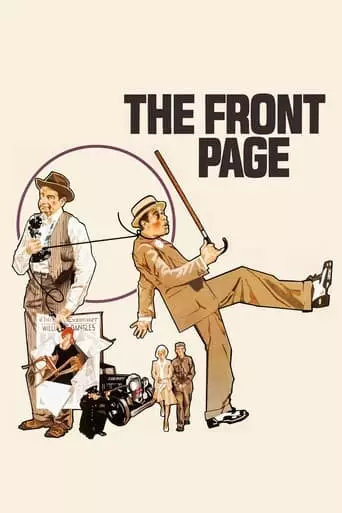
A journalist suffering from burn-out wants to finally say goodbye to his office – but his boss doesn’t like the idea one bit.

Lovestruck conservatory student Ariane pretends to be just as much a cosmopolitan lover as the worldly mature Frank Flannagan hoping that l’amour will take hold.
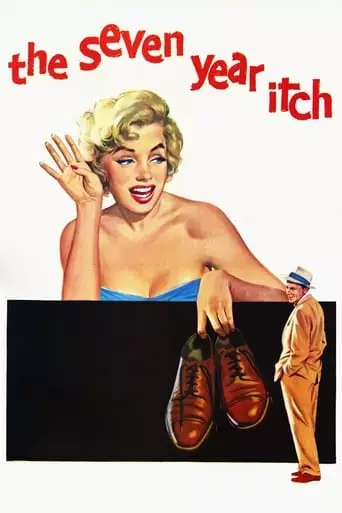
With his family away for their annual summer holiday, a publishing executive decides to live a bachelor’s life. The beautiful but ditzy blonde from the apartment above catches his eye […]
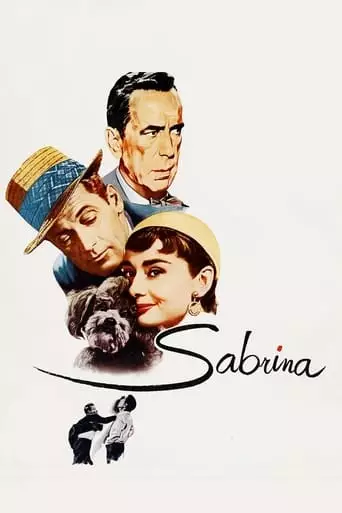
Linus and David Larrabee are the two sons of a very wealthy family. Linus is all work – busily running the family corporate empire, he has no time for a […]
Billy Wilder: The Cynical Genius of Classic Hollywood
Billy Wilder, born June 22, 1906, in Sucha Beskidzka, Austria-Hungary (now Poland), is one of the most celebrated and versatile filmmakers in the history of cinema. With a career spanning more than five decades, Wilder excelled as a writer, director, and producer, crafting a body of work that includes some of the greatest films of all time. Known for his sharp wit, incisive social commentary, and mastery of storytelling, Wilder’s films remain timeless treasures of Hollywood’s Golden Age and beyond.
Early Life and Career Beginnings
Wilder grew up in Vienna and originally pursued a career in law. However, his passion for storytelling led him to journalism, where his talent for capturing human drama became evident. He eventually transitioned into screenwriting, working in Berlin during the late 1920s and early 1930s.
As the Nazi regime rose to power, Wilder, who was Jewish, fled Germany for Paris and later Hollywood in 1934. Starting as a screenwriter, he quickly gained a reputation for his clever dialogue and innovative narratives, co-writing hits like Ninotchka (1939), the Greta Garbo comedy directed by Ernst Lubitsch.
Directorial Debut and Rise to Fame
Wilder transitioned to directing in the early 1940s, aiming to protect his screenplays from being mishandled by other directors. His first notable success as a director came with Double Indemnity (1944), a groundbreaking film noir co-written with Raymond Chandler. The tale of lust, murder, and betrayal, starring Barbara Stanwyck and Fred MacMurray, became a classic and set the standard for the genre.
Hallmarks of Wilder’s Style
Billy Wilder’s films are distinguished by their razor-sharp scripts, multidimensional characters, and a blend of cynicism and humanity. Key elements of his style include:
Sharp Dialogue: Wilder’s screenplays, often co-written with longtime collaborator I.A.L. Diamond or Charles Brackett, are famous for their wit and economy of language.
Moral Complexity: His characters often grapple with ethical dilemmas and flawed desires, reflecting his view of human nature as both darkly cynical and deeply empathetic.
Genre Fluidity: Wilder worked across genres, excelling in film noir, romantic comedy, courtroom drama, and satire.
Innovative Storytelling: Wilder often pushed narrative boundaries, using techniques like voiceover narration (Sunset Boulevard) and blending dark themes with humor.
Iconic Films
“Sunset Boulevard” (1950)
A scathing critique of Hollywood, Sunset Boulevard is a masterpiece of noir and melodrama. Gloria Swanson delivers an iconic performance as Norma Desmond, a faded silent film star who descends into madness. The film’s dark humor, gothic atmosphere, and memorable dialogue (“I’m ready for my close-up”) have made it one of the greatest films ever made.
“Some Like It Hot” (1959)
Considered one of the best comedies of all time, Some Like It Hot stars Marilyn Monroe, Tony Curtis, and Jack Lemmon in a gender-bending farce about two musicians on the run from the mob. The film’s daring exploration of sexuality and identity was groundbreaking for its time, and its closing line—“Nobody’s perfect”—remains legendary.
“The Apartment” (1960)
A romantic dramedy about ambition, loneliness, and love in corporate America, The Apartment starred Jack Lemmon and Shirley MacLaine. The film won five Academy Awards, including Best Picture and Best Director, and is celebrated for its balance of humor and heartbreak.
“Double Indemnity” (1944)
Wilder’s quintessential noir, Double Indemnity, was a trailblazer in its genre. The story of an insurance scam gone awry is drenched in moral ambiguity and sexual tension, with a script that remains one of the finest in cinema history.
“Ace in the Hole” (1951)
A biting indictment of media sensationalism, Ace in the Hole stars Kirk Douglas as a journalist exploiting a tragedy for his own gain. Though underappreciated upon its release, the film has since been recognized as one of Wilder’s most prescient and uncompromising works.
Themes and Legacy
Wilder’s films often explore themes of ambition, deception, and the pursuit of happiness, all set against a backdrop of societal hypocrisy. His work is both a mirror to human nature and a critique of institutions like Hollywood, journalism, and corporate culture.
Wilder’s influence on filmmaking is immense. Directors like Woody Allen, Cameron Crowe, and Alexander Payne have cited him as a key inspiration. His seamless blending of humor and pathos remains a benchmark for filmmakers seeking to capture the complexities of life.
Awards and Honors
Billy Wilder’s accolades include:
Six Academy Awards, including Best Director and Best Screenplay for The Lost Weekend (1945) and The Apartment (1960).
The American Film Institute ranking many of his films among the greatest of all time.
A BAFTA Fellowship and recognition from the Directors Guild of America for his contributions to cinema.
Personal Life and Final Years
Wilder was known for his sharp wit and charming yet no-nonsense demeanor. He once famously quipped, “If you’re going to tell people the truth, be funny or they’ll kill you.” He remained active in Hollywood until the 1980s, retiring with a legacy unmatched in its breadth and impact. Wilder passed away on March 27, 2002, at the age of 95, leaving behind a body of work that continues to inspire and entertain.
Conclusion
Billy Wilder’s career is a testament to the power of storytelling. A true Renaissance man of Hollywood, he transcended genres, blended cynicism with humanity, and created films that are as relevant today as when they were made. Wilder’s genius lay in his ability to make audiences laugh, cry, and think, often all at once—a legacy that secures his place as one of cinema’s all-time greats.